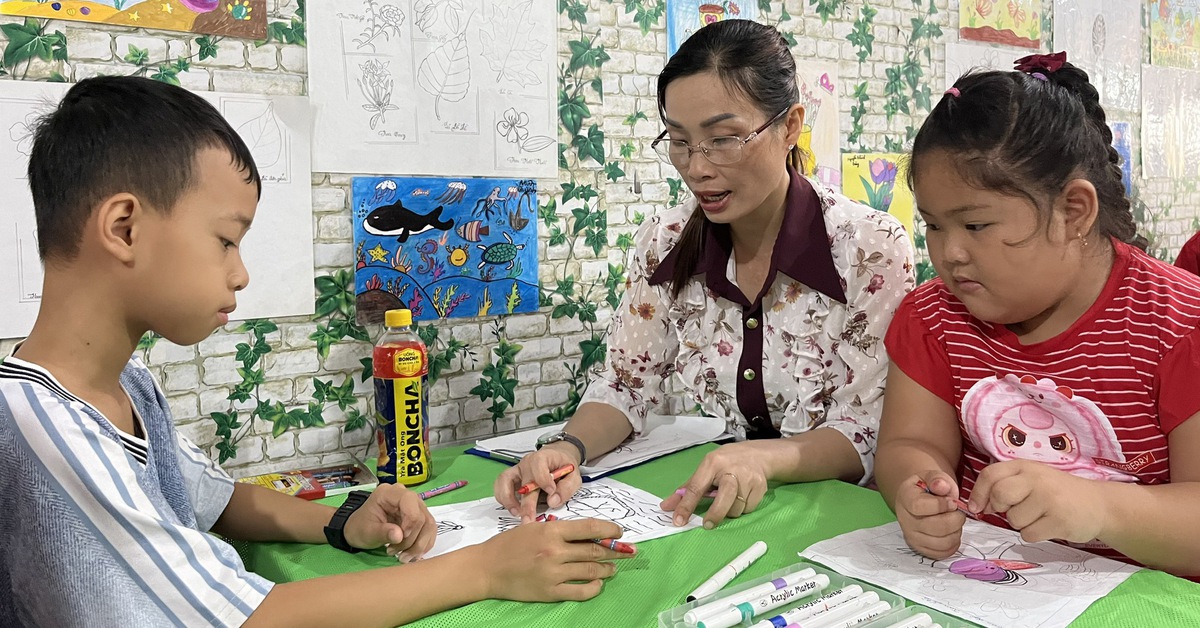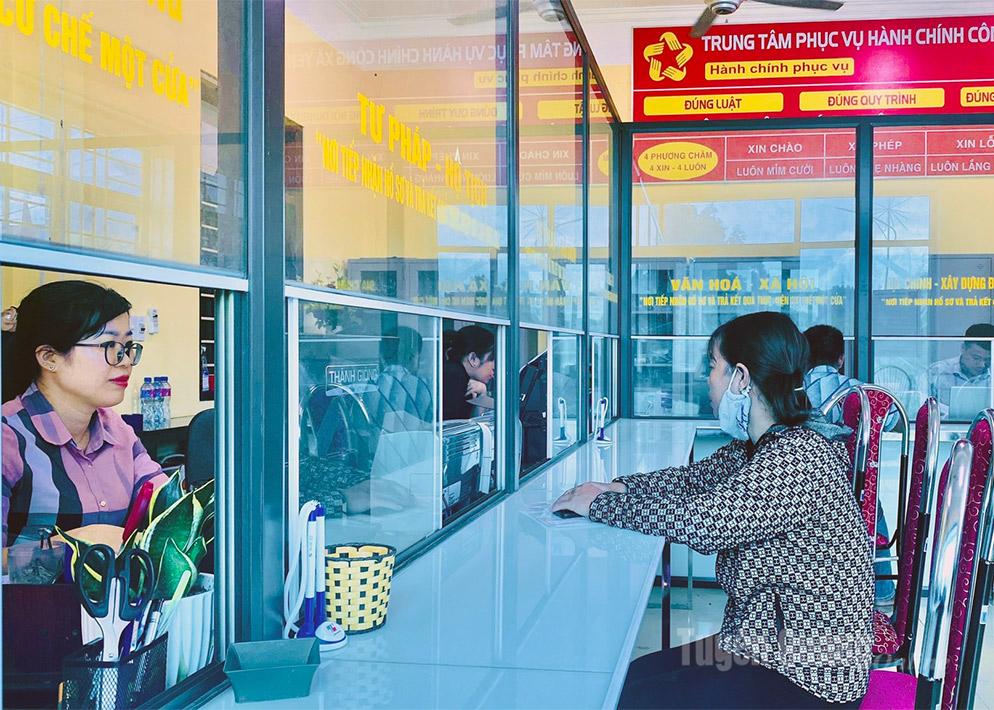According to figures released last month, Hong Kong’s average score in the academic version of the IELTS test in 2023 remained at 6.7 on a 9-band scale, unchanged from 2022. Listening and reading continued to be Hong Kong students’ strengths, with scores of 7 and 6.8 respectively. In 2022, the results were 7.1 in listening and 6.9 in reading.
However, writing and speaking skills remained weak points for Hong Kong candidates, with scores of 6.2 and 6.4 respectively, compared to 6.2 and 6.3 in 2022.
The figures also showed that mainland Chinese students' weaker results this year (5.9 in 2023 compared to 6.1 in 2022) were mainly due to low scores in reading, listening and speaking.
Within Asia, Malaysia performed best with a score of 7.1, followed by the Philippines with 6.8, slightly ahead of Indonesia at 6.7. IELTS does not release a full list, only releasing results for 39 regions. It does not provide data on results for candidates from Singapore.
The IELTS scale ranks candidates from 1 (no English proficiency) to 9 (proficient English). A candidate who scores 7 is considered a “good user” of the language.
Experts say the reason for Hong Kong students' poor results is a lack of opportunities to practice speaking and writing English, and have called on schools to hire more native teachers and create better English learning environments.

Experienced teacher Pauline Chow Lo-sai said the results reflected the difference in assessment methods between the Hong Kong Diploma of Secondary Education (DSE) and the IELTS exam.
Ms Chow said the IELTS speaking test is mainly one-on-one conversations with the examiner, rather than group discussions like in the DSE exam.
"The IELTS speaking test is very natural, like an intimate conversation. Our students are very weak in this skill. Schools in Hong Kong mainly use Chinese, so students are not used to this kind of conversation," said Ms. Chow, chairwoman of the Hong Kong Women Teachers' Association.
She explained that the English speaking test in the DSE exam requires students to engage in group discussions based on short passages provided, in addition to individual responses to the examiner.
Hong Kong needs to improve across the board, rather than focusing on one particular exam, said Chow, adding that schools need to find ways to expose students to English in a variety of contexts.
Michael Tien Puk-sun, former chairman of the Standing Committee on Language Education and Research, said the results did not surprise him.
He said Hong Kong people have few opportunities to speak and write English, despite having many opportunities to read and listen through online content.
“The opportunities for Hong Kong people to use English have decreased a lot in recent years,” Mr Tien said, noting that the number of foreigners in the city has also decreased.
Schools can solve this problem by recruiting more native teachers, he said.
Armstrong Lee Hon-cheung, a current committee member, also attributed the results to the lack of opportunities for students to use English in their daily lives. According to Lee, schools need to create better learning environments so that students can increase their use of the language.

Source: https://vietnamnet.vn/vi-sao-hoc-sinh-hong-kong-tiep-tuc-kem-ky-nang-viet-va-noi-khi-thi-ielts-2329183.html




![[Photo] General Secretary To Lam attends the 80th anniversary of Vietnam's diplomacy](https://vstatic.vietnam.vn/vietnam/resource/IMAGE/2025/8/25/3dc715efdbf74937b6fe8072bac5cb30)









































































































Comment (0)